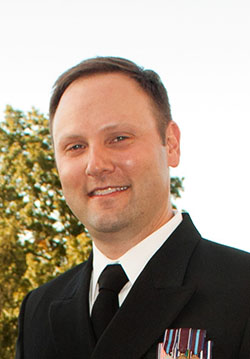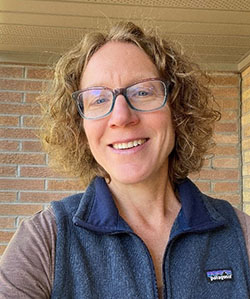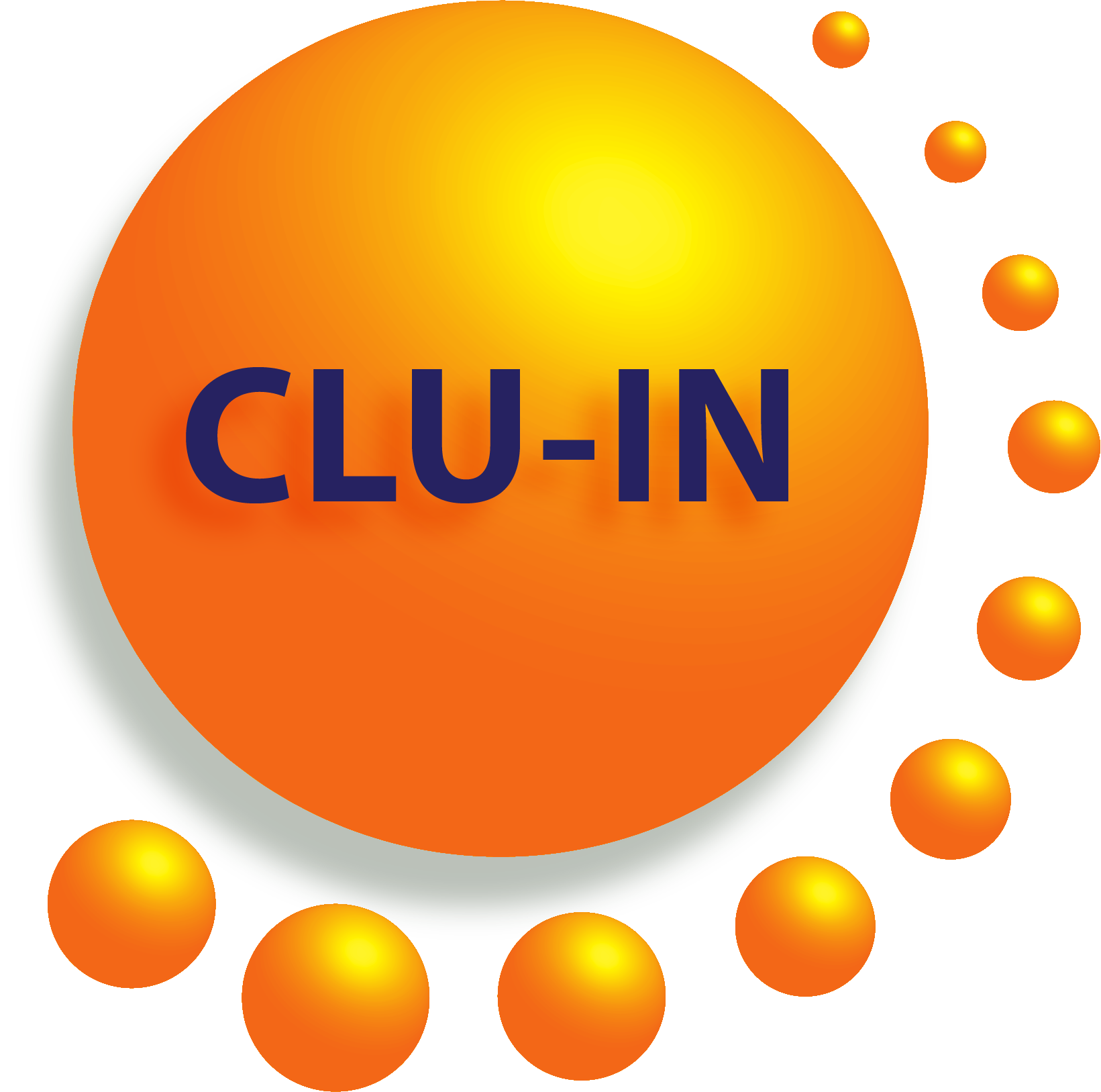EMRTAI: Advancing Technological Innovation and Supporting Informed Decision-Making in Critical Minerals Recovery from Mine Waste
Archived: Tuesday, June 18, 2024
Sponsored by: U.S. EPA Office of Mountains, Deserts, and Plains
The U.S. EPA Office of Mountains, Deserts and Plains has launched a new initiative - the Environmental Monitoring and Remediation Technology Assessment Initiative (EMRTAI) - that is focused on innovative technologies to recover critical minerals from waste materials at Superfund legacy hard rock mine and mineral processing sites. The goal of EMRTAI, which is being developed to support stakeholders across the mining industry, is to generate credible data through a quality-driven technology assessment program to promote advancement of innovative technologies and informed decision-making. At present, there are nearly 100 mining or mine-related sites on EPA's Superfund National Priorities List (NPL), and many more sites throughout the U.S. in variable stages of remediation. EMRTAI will advance EPA's mission to protect human health and the environment by assisting technology developers and vendors with performance assessments that target site clean-up and critical minerals recovery technologies as part of sustainable materials management. Environmental justice is critical to the just treatment and meaningful involvement of all people, regardless of income, race, color, national origin, Tribal affiliation, or disability, in agency decision-making and other Federal activities that affect human health and the environment so that people are fully protected from disproportionate and adverse human health and environmental effects (including risks) and hazards, including those related to climate change, the cumulative impacts of environmental and other burdens, and the legacy of racism or other structural or systemic barriers. EMRTAI will assist public entities such as non-profit organizations, Tribes, industries, businesses, states, individuals, and communities in making better informed decisions when selecting new or existing environmental technologies for use at contaminated sites. A stakeholder group to support EMRTAI will be forming in July 2024. Please join this webinar to learn more about EMRTAI and how to become involved.
 John McKernan, Sc.D., U.S. Environmental Protection Agency
John McKernan, Sc.D., U.S. Environmental Protection Agency
Capt. John McKernan, Sc.D., CIH is the Supervisor for the Contamination Analysis & Innovative Solutions Branch in the U.S. EPA's Office of Research and Development (ORD) in Cincinnati, OH. With over 25 years of experience, he integrates environmental health assessment and engineering solutions to manage environmental and human health hazards. Dr. McKernan has led national and international efforts in contaminated site characterization, assessment, and remediation, particularly focusing on mining and mineral processing sites. His current research interests include developing practical science and engineering solutions to mitigate metal contamination in various environmental media associated with mining and mineral processing.
 Dr. Jana Heisler-White, Battelle (heislerwhite@battelle.org)
Dr. Jana Heisler-White, Battelle (heislerwhite@battelle.org)
Dr. Jana Heisler-White is the Project Manager for EPA's Environmental Monitoring and Remediation Technology Assessment Initiative (EMRTAI). Jana is a senior scientist with Battelle Memorial Institute, where she focuses on how climate change, environmental contaminants, and human activities affect environmental quality.
As an ecologist and biogeochemist, Jana has led research programs and supported commercial and federal clients on projects promoting sustainability, environmental remediation, and habitat restoration for more than two decades.
Ben Simes, U.S. EPA (Simes.Benjamin@epa.gov)
Paul Randall, U.S. EPA (Randall.Paul@epa.gov)
Moderator:
 Michael Adam, U.S. EPA Technology Innovation and Field Services Division (adam.michael@epa.gov or 703-603-9915)
Michael Adam, U.S. EPA Technology Innovation and Field Services Division (adam.michael@epa.gov or 703-603-9915)
As a Triad advocate, Mike directed the final production of the Management and Interpretation of Data Under a Triad Approach. For the Technology Innovation Program (TIP), Mike serves as POC for various issues and initiatives such as Vapor Intrusion, Decision Support Tools, and the Measurement and Monitoring Technologies for the 21st Century initiative; and is part of the CLUIN management team. Mike has graduate degrees in Plant Physiology (2000, Iowa State) and Environmental Engineering (2003, Nebraska-Lincoln), and was a staff Research Assistant in Environmental Soil Science at Nebraska-Lincoln before joining the Technology Innovation Program at the EPA in late 2004.
Webinar Slides and References:
Additional Resources:
- These materials will be available by Tuesday, June 18, 2024
Help & FAQs
- Frequently Asked Questions
- Content Questions?
Call Dave Will at 315-259-1220 or dwill@skeo.com - Technical Problems?
Leave us a comment - Cancel Your Registration
- My Participation Records
- CEU Credits and PDHs
Zoom Resources
This seminar will be delivered through Zoom. Participants are encouraged to update to the latest version of the Zoom application for the best experience. If you are unable to install the Zoom application, most functions will be available if you join just using a modern web browser such as Chrome, Edge or Firefox. We strongly encourage you to run the Zoom Meeting Test prior to attending this seminar. Technical support on the day of the seminar will be very limited and subject to significant delays.
Rehabilitation Act Notice for Reasonable Accommodation
It is EPA's policy to make reasonable accommodation to persons with disabilities wishing to participate in the agency's programs and activities, pursuant to the Rehabilitation Act of 1973, 29 U.S.C. 791. Any request for accommodation should be made to Dave Will at 315-259-1220 or dwill@skeo.com, preferably one week or more in advance of the seminar, so that EPA will have sufficient time to process the request. EPA would welcome specific recommendations from requestors specifying the nature or type of accommodation needed. EPA welcomes specific recommendations from requestors specifying the nature or type of accommodation needed. Please note that CLU-IN provides both alternate phone call-in options and closed captioning for all webinars, and requests for these specific accommodations are not necessary.
Rehabilitation Act Notice for Reasonable Accommodation
It is EPA's policy to make reasonable accommodation to persons with disabilities wishing to participate in the agency's programs and activities, pursuant to the Rehabilitation Act of 1973, 29 U.S.C. 791. Any request for accommodation should be made to Dave Will at 315-259-1220 or dwill@skeo.com, preferably one week or more in advance of the webinar, so that EPA will have sufficient time to process the request. EPA would welcome specific recommendations from requestors specifying the nature or type of accommodation needed. EPA welcomes specific recommendations from requestors specifying the nature or type of accommodation needed. Please note that CLU-IN provides both alternate phone call-in options and closed captioning for all webinars, and requests for these specific accommodations are not necessary.
Webinar Recording
By participating in this CLU-IN webinar, you automatically agree to authorize recording of audio and visual content presented during this live event and consent to subsequent use of this recording in the public domain by the U.S. Environmental Protection Agency. This recording may include questions, comments and poll responses provided by you during the live event in addition to your name, voice, image or likeness. This recording will be made available after the conclusion of the live event as part of the CLU-IN webinar archives, and will remain available indefinitely. If you do not wish to consent to the recording, please do not join the live event, and contact Jean Balent at 202-566-0832 or balent.jean@epa.gov to discuss your concerns.
Content Disclaimer
This webinar is intended solely to provide information to the public. The views and opinions expressed as part of this webinar do not necessarily state or reflect those of the U.S. Environmental Protection Agency. It is not intended, nor can it be relied upon, to create any rights enforceable by any party in litigation with the United States, or to endorse the use of products or services provided by specific vendors. With respect to this webinar, neither the United States Government nor any of their employees, makes any warranty, express or implied, including the warranties of merchantability and fitness for a particular purpose, or assumes any legal liability or responsibility for the accuracy, completeness, or usefulness of any information, apparatus, product, or process disclosed, or represents that its use would not infringe privately owned rights.

